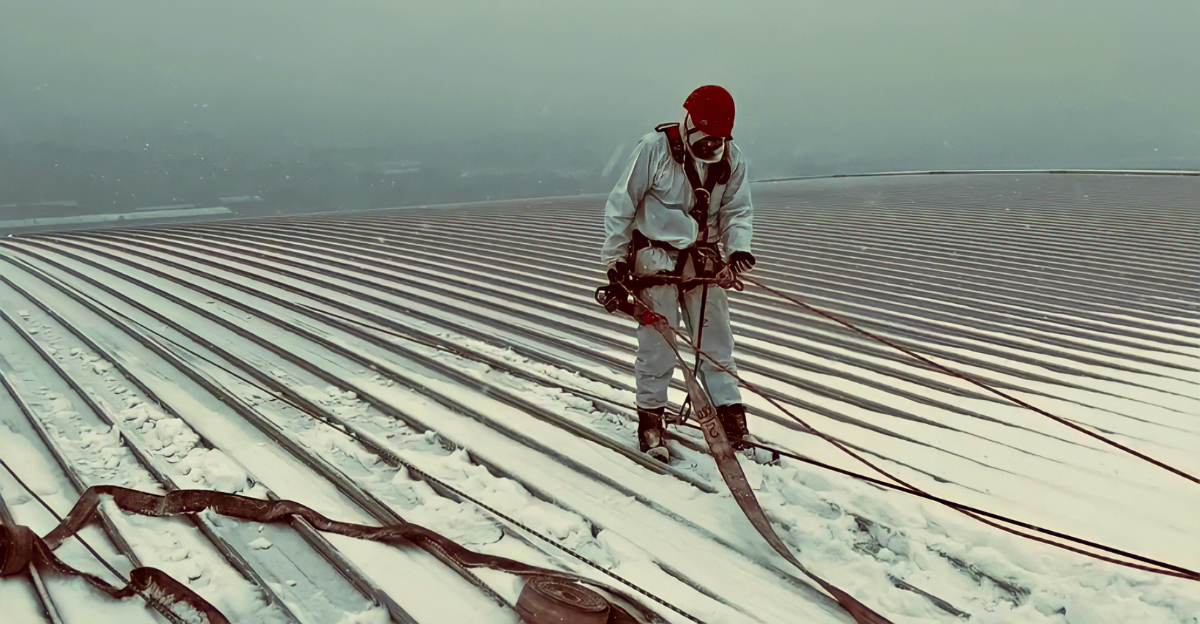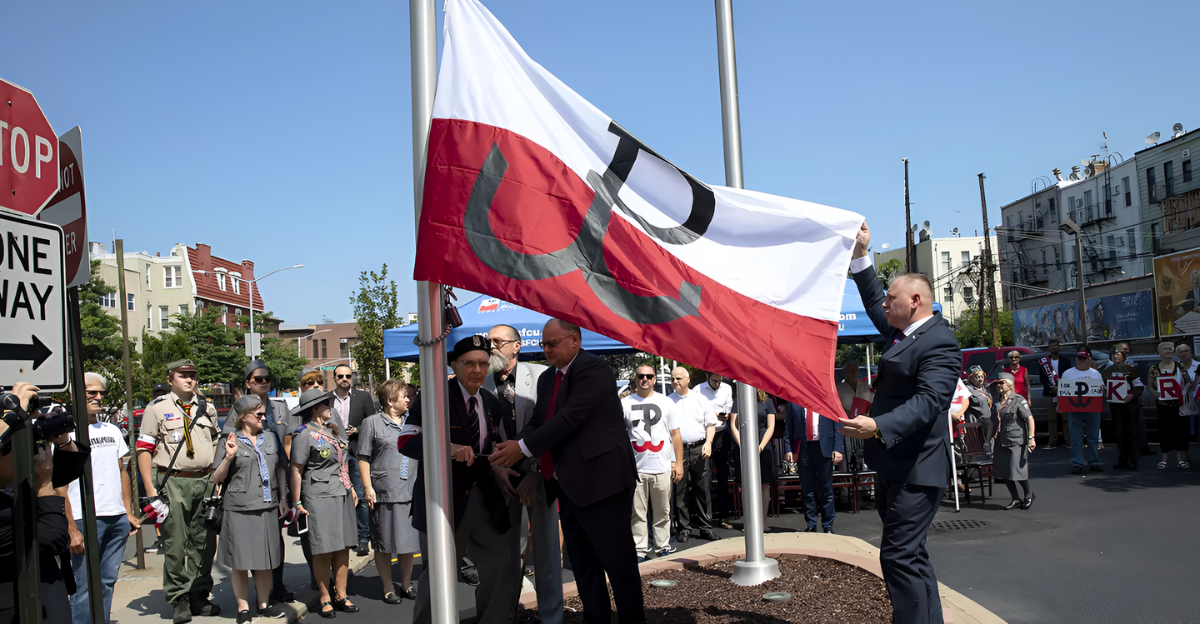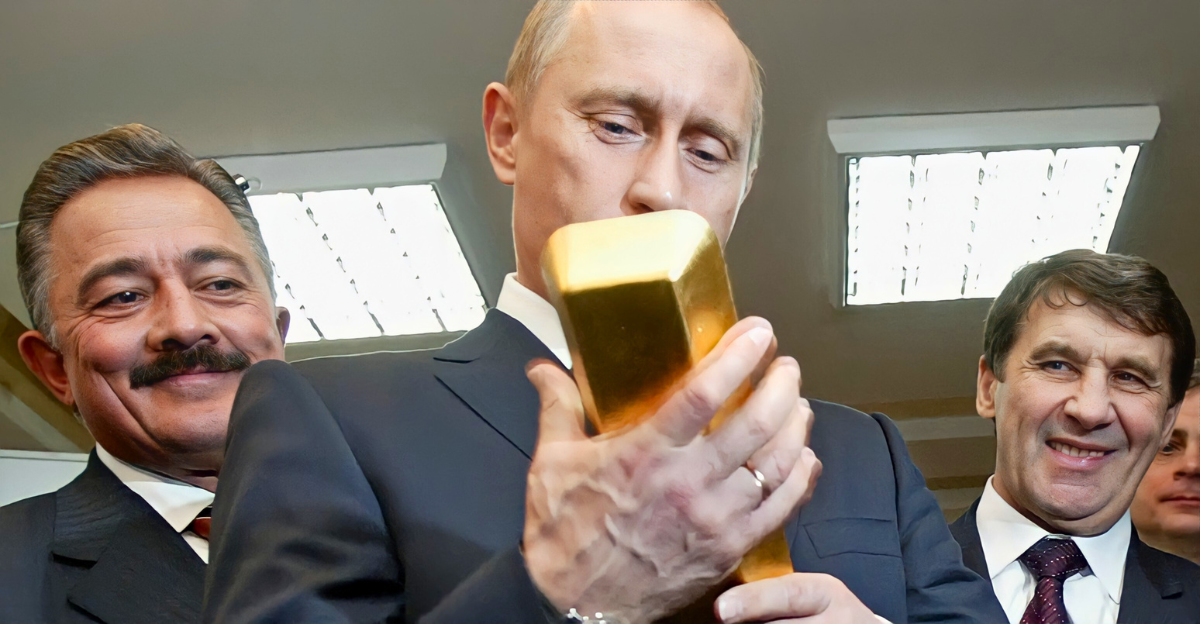
In a dramatic escalation of internal economic warfare, Vladimir Putin’s government has announced intentions to nationalize the assets of Konstantin Strukov, one of Russia’s wealthiest businessmen and the owner of gold giant Yuzhuralzoloto.
The campaign signals a new phase in the Kremlin’s approach to Russia’s elite, as the financial pressures of the ongoing war in Ukraine intensify.
Strukov’s estimated $3.5 billion fortune, amassed over many years, is now at the center of a legal and political storm that has sent shockwaves through Moscow’s upper echelons.
Sources Confirm State Crackdown
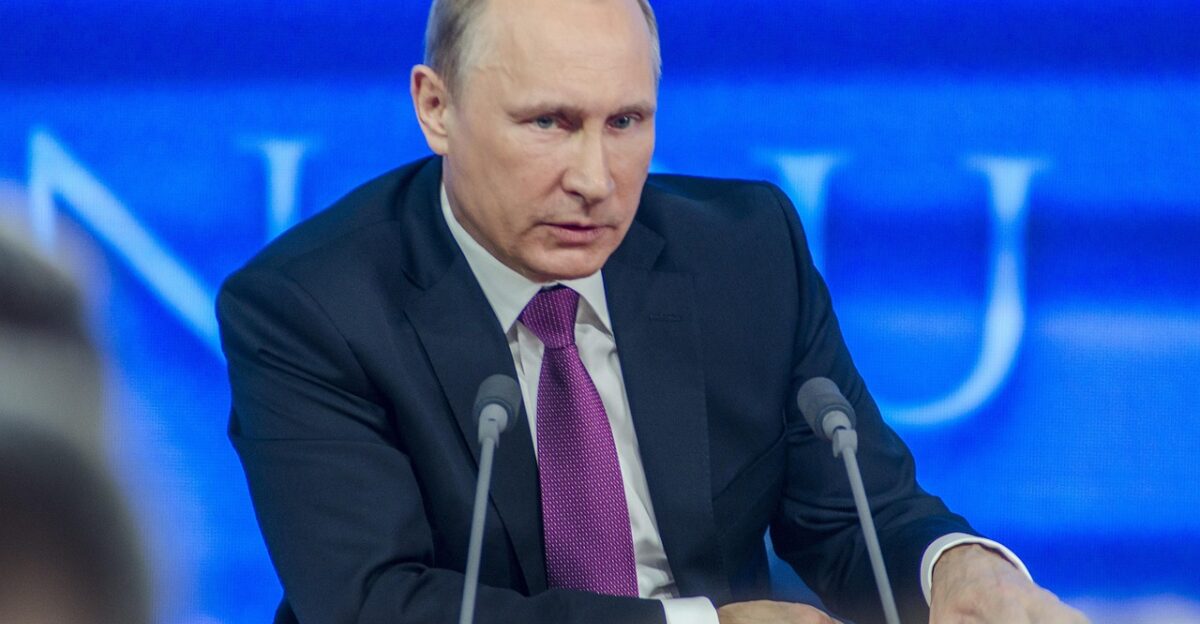
According to Reuters, Russian prosecutors are seeking to convert Strukov’s entire stake in Yuzhuralzoloto to state ownership, citing allegations of illegal asset control while holding public office.
Bloomberg further reports that the Prosecutor General’s Office is demanding the nationalization of assets belonging to Strukov’s family and close associates.
“This is a clear sign that the Kremlin is willing to target even its most loyal oligarchs,” says Elina Rybakova, a senior researcher at the Peterson Institute for International Economics. “No one is untouchable anymore.”
The Incident: Jet On Ground, Passport Seized
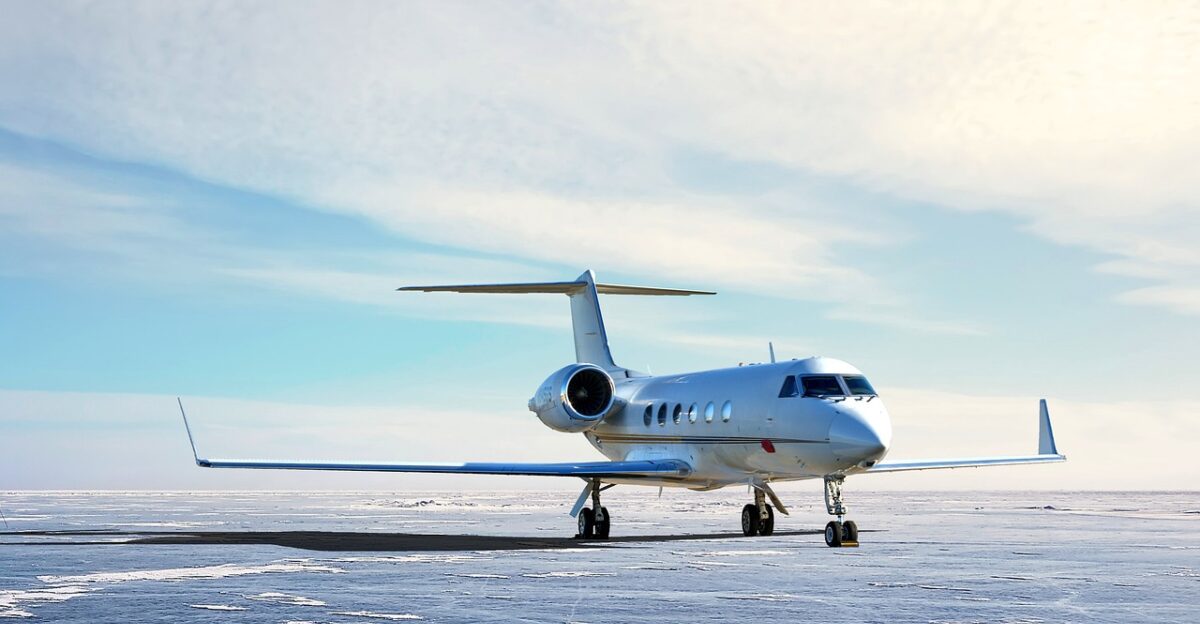
On July 5, as Strukov’s private jet prepared for departure to Turkey, Russian authorities intervened. The Federal Security Service (FSB) acted on a court order to ground the aircraft amd confiscate Strukov’s passport, effectively barring his exit from the country.
While Strukov’s company denied the incident, dismissing it as “disinformation,” court documents revealed that a travel ban had been imposed on him and his family. The swift enforcement underscored the seriousness of the state’s intentions in this high-profile case.
Allegations of Corruption and Shell Companies
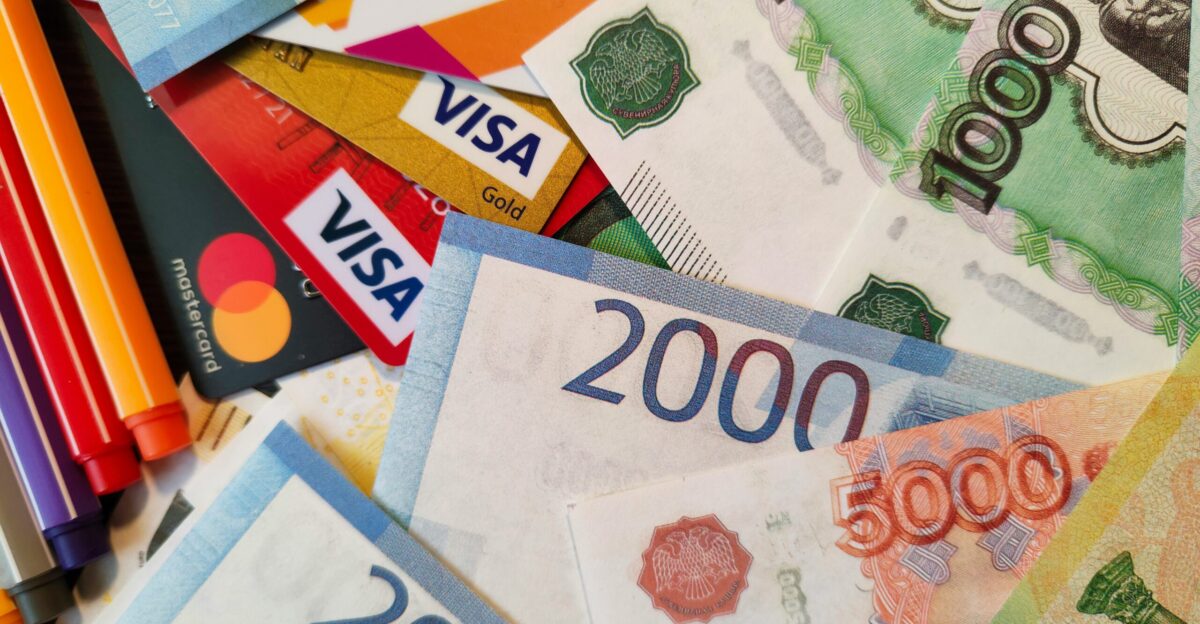
The legal case against Strukov is built on accusations that his wealth was accumulated through corrupt schemes involving shell companies, family members, and insiders—a charge that is often leveled against Russian billionaires but rarely enforced against those considered to be loyal to the Kremlin.
Prosecutors argue that Strukov’s complex web of business entities was designed to obscure the true ownership and facilitate the illegal transfer of assets, setting a precedent for future cases against other oligarchs.
Yuzhuralzoloto: The Gold Empire Under Threat
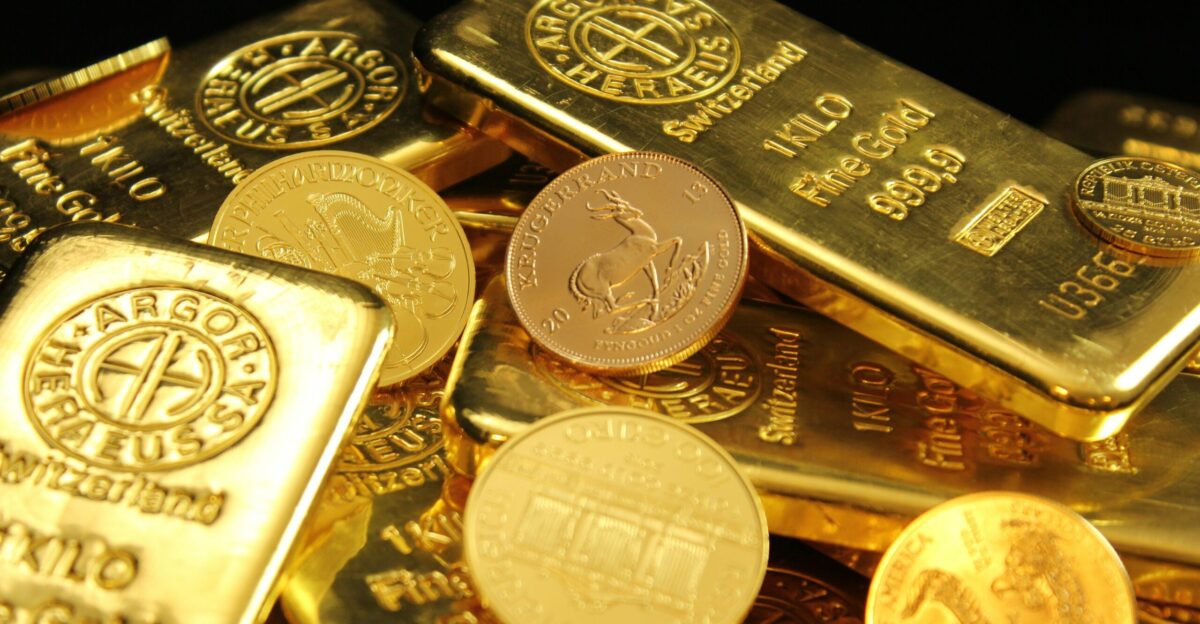
Yuzhuralzoloto, founded by Strukov, is now one of Russia’s largest gold producing companies with a resource base of more than 50 million ounces. The company’s rapid expansion over the past decade has turned it into a pillar of the Russian mining industry.
However, the state’s move to seize control of such a strategic asset reflects a broader effort to redirect private wealth from key industries—gold, oil, and defense—toward supporting the war economy.
Loyalty no Longer Shields the Elite
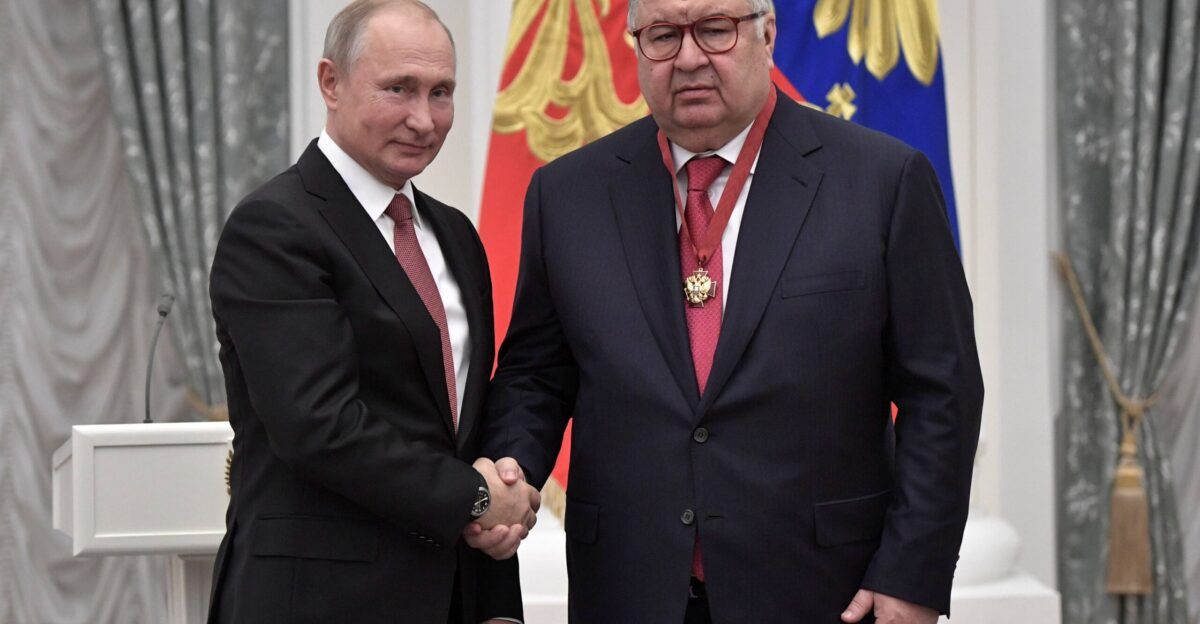
Historically, the written social contract in Putin’s Russia guaranteed immense wealth in exchange for loyalty and political compliance. Strukov, a long-time Kremlin ally with political ties to the ruling party, exemplified this arrangement.
Yet, his current predicament demonstrates that even steadfast loyalty offers no protection as the Kremlin’s priorities shift. According to The Economic Times, the government’s focus has turned to anyone with substantial assets, regardless of the political alignment.
Financial Pressures Drive Asset Grabs
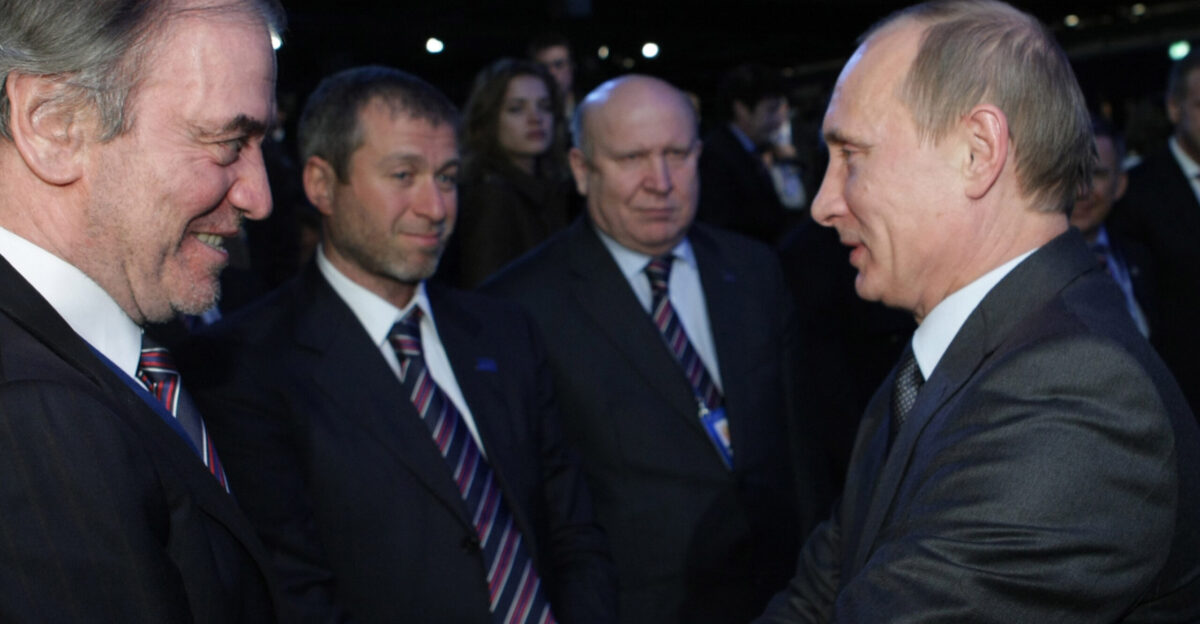
The Kremlin’s aggressive asset seizures are driven by mounting financial pressures. Western sanctions have stifled foreign investment, oil revenues are in decline, and Russia faces growing budget deficits. In reponse, the state has intensified efforts to reclaim wealth from its own business elite.
Finance Minister Anton Siluanov stated that the government expects to earn at least $1.2 million from asset sales in 2025. with proceeds aimed at offsetting defense spending and budget shortfalls.
Not an Isolated Incident
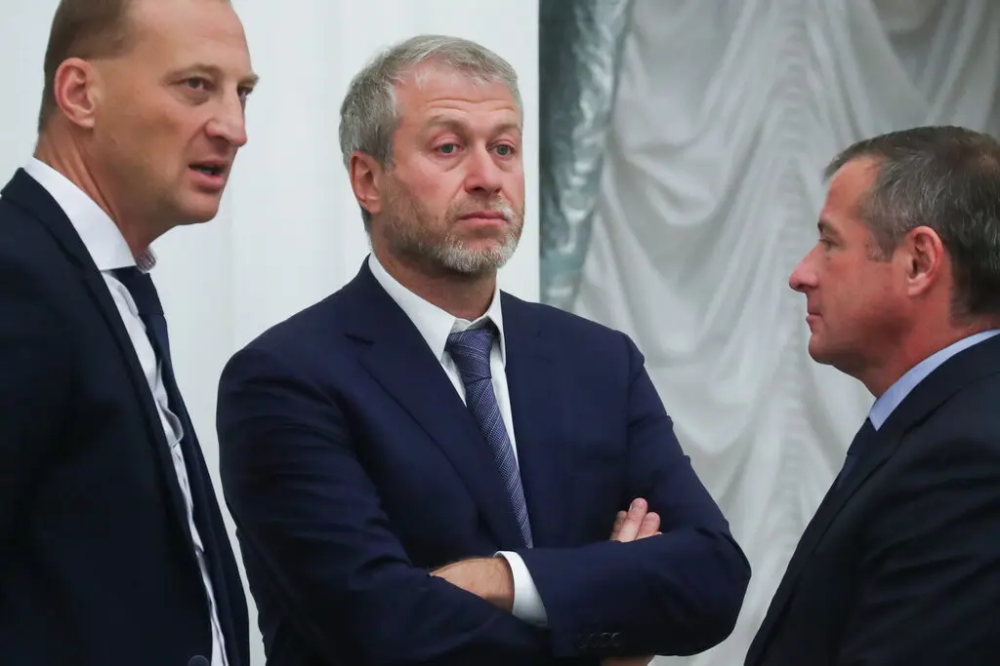
The case against Strukov is part of a broader trend. In recent months, several prominent Russian businessmen have faced sudden legal trouble, asset confiscations, or even suspicious deaths.
Research by Novaya Gazeta Europe reveals that Russian courts have seized assets worth over €25 billion from more than 400 privately owned companies since the beginning of the Ukraine war. This wave of nationalizations represents the most significant redistribation of wealth in Russia in decades.
Systemic Shift in Power
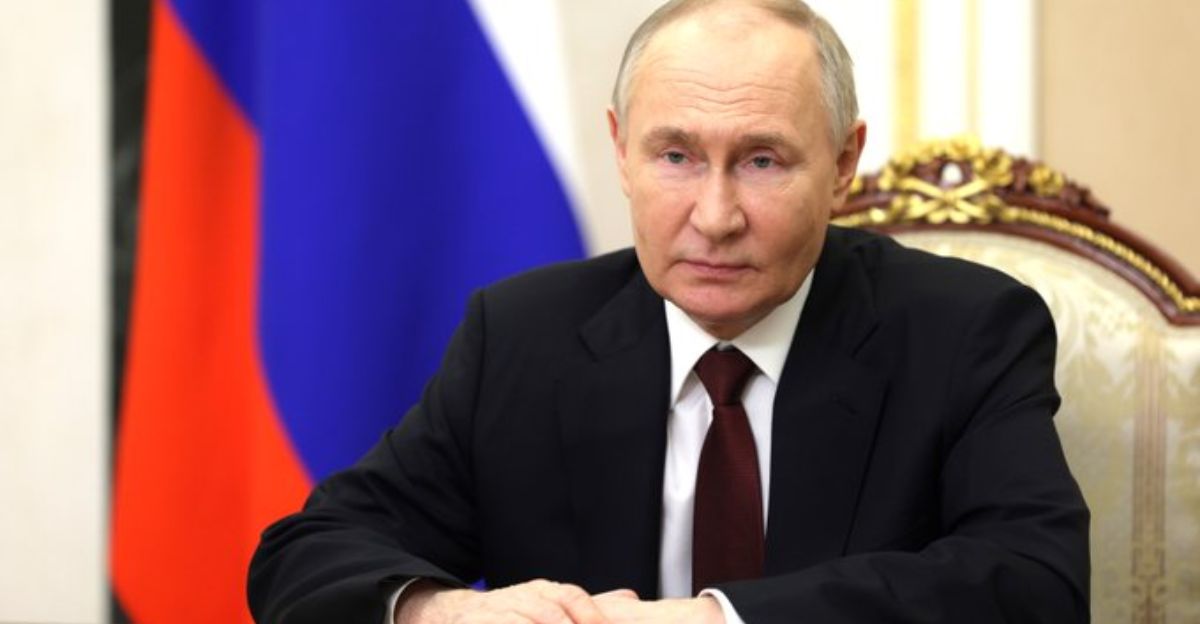
Experts warn that these asset seizures reflect a fundamental shift in the Kremlin’s relationship with the business elite. “The creeping redistribution of property has begun,” says Oleg Vyugin, a former deputy governor of Russia’s central bank.
“Putin said a new elite is needed. The current elite, owners of significant assets, is being screened based on the principle of loyalty.” The message is clear: economic power is now entirely contingent on the Kremlin’s favor.
The Future of Russia’s Oligarchs
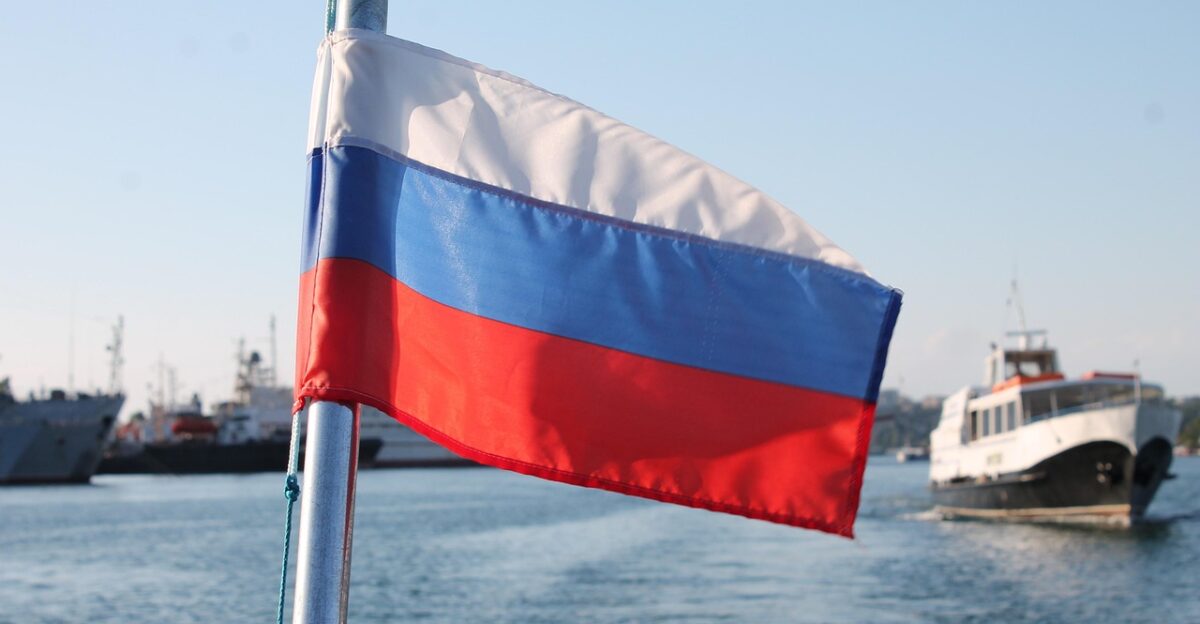
A court hearing scheduled for July 8 will determine the fate of Strukov’s gold empire. Regardless of the outcome, the message to Russia’s business elite is unmistakable— no one is too rich, too loyal, or too connected to be safe.
As the Kremlin scrambles to sustain a war it cannot afford, the era of untouchable oligarchs is ending. Instead, Russia’s billionaires may find themselves transformed overnight from privileged tycoons into targets of the state.



